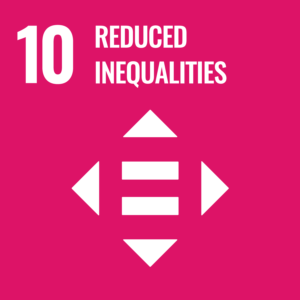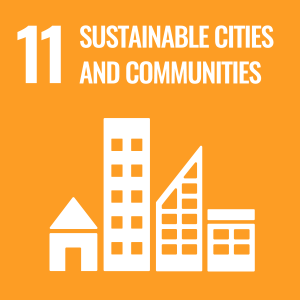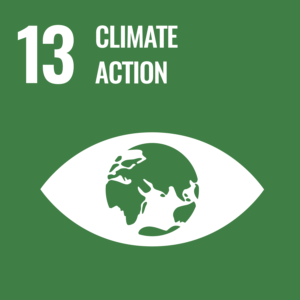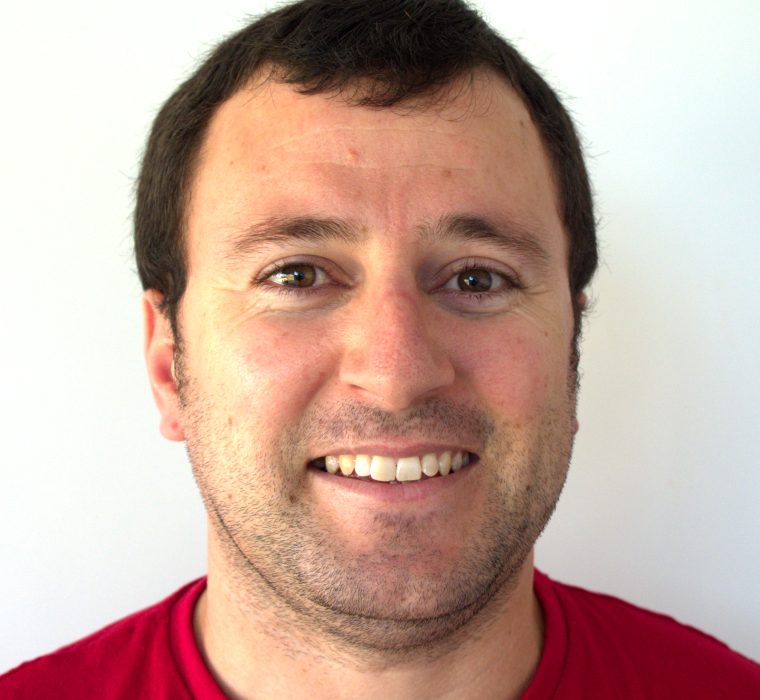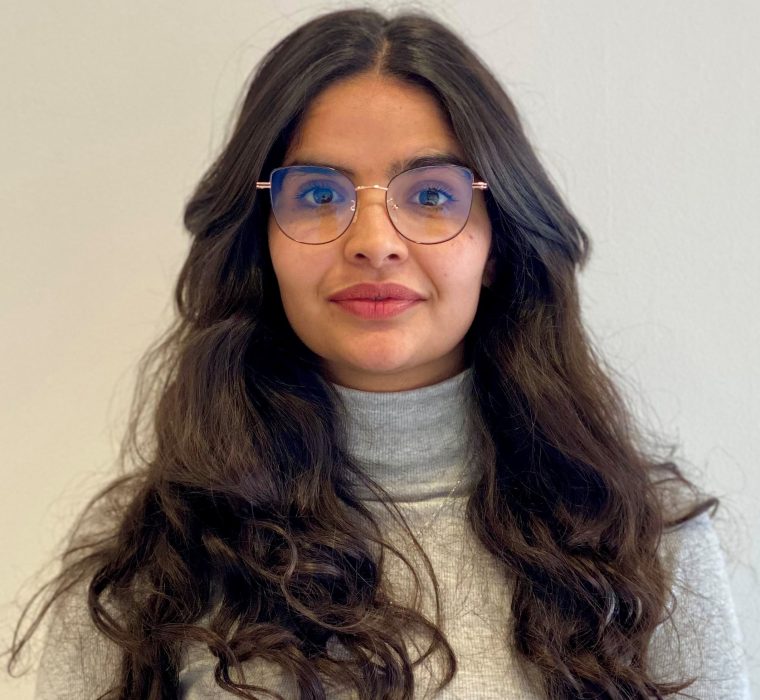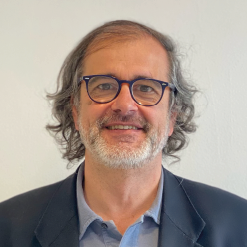A localized and dynamic food map delivered through dynamic technology platforms including smart mobile apps
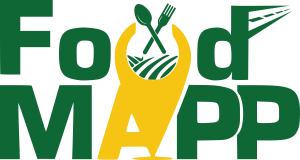 WHAT IS FOODMAPP?
WHAT IS FOODMAPP?
The FoodMAPP project emerges as a possible solution to this situation, through the creation of a dynamic digital platform (APP) where search maps will allow consumers to identify local food outlets in real time, as well as to identify local food outlets. supply chains will be shortened to facilitate direct sales to consumers, and the sale of products from small-scale family farmers will be boosted.
OBJECTIVES
During this process, the objectives that FoodMAPP seeks to achieve are:
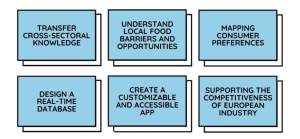
DURATION
March 1, 2023 – February 28, 2027
PROJECT WEBSITE
LINK TO CORDIS
WHY?
With the large number of surfaces that sell products from all over, it is very common for small traders or local producers not to reach the expected amount of public. In the same way, these small producers are forced to put competitive prices, because if they did not, the benefits would be almost non-existent.
This, added to the convenience that consumers see in being able to acquire all the necessary food on the same surface, causes small merchants not to reach the expected sales and that large stores have in stock much more product than the demanded. All this originates what we call food waste.
In addition, the intention to reduce the environmental impact is the order of the day, since currently, 26% of global carbon emissions are due to the transport of food, registering an average of 171 km from when the food leaves the farm to when it is at the table.
In this way, this project also promotes the consumption of local products that require much shorter production and transport systems.
Thus, FoodMAPP is a project that gives transparency to food supply chains and facilitates food safety, business development and reductions in food waste.
METHODOLOGY
To achieve this, the FoodMAPP project collects large amounts of commercial information from all stakeholders (including producers, processors and consumers) in the chain in order to understand what the market demands and what consumer preferences are.
In addition, a staff exchange will also be held through which knowledge can be combined and shared between different countries and disciplines to improve the sustainability and resilience of the food system.
The FoodMAPP project has received funding from the Horizon Europe – Marie Slodowska-Curie Actions (MSCA) grant agreement number 101086115 of the European Commission.

PARTICIPATING PARTNERS
| COUNTRY | ORGANIZATON | TIPE OF ENTITY |
| Spain | Center for Agro-Food Economics and Development – CREDA | University |
| United Kingdom | Bournemouth University – BU | University |
| Belgium | University of Gent – UGent | University |
| France | Institut Paul Bocuse Research Center – IPBR | University |
| Austria | Ronge & Partner GmbH – RP | Company |
| Hungary | Eötvös Loránd University – ELTE | University |
| Croatia | Faculty of Electrical and Computer Engineering of the University of Zagreb – UZ | University |
THE ROLE OF CREDA
TASK
In this project, the role of CREDA is separated into three blocks in which it supports:
- Development of data collection protocols for both producers and consumers: The research center will establish the best guidelines to follow in order to achieve a comprehensive and quality database.
- Data collection and analysis: Once the patterns and preferences of the profiles that are of interest have been identified, the CREDA will be dedicated to collecting data in the nearest territories, and then identify what these profiles provide.
- Support and supervision of secondments: of personnel transfers between the different participating partners.
NEWS
CREDA participates in a new European project: FoodMAPP
A new project is launched as part of the European Commission’s Horizon Europe – Marie Slodowska-Curie Actions (MSCA) research aid program, which aims to boost the consumption of local products and reduce food waste.


